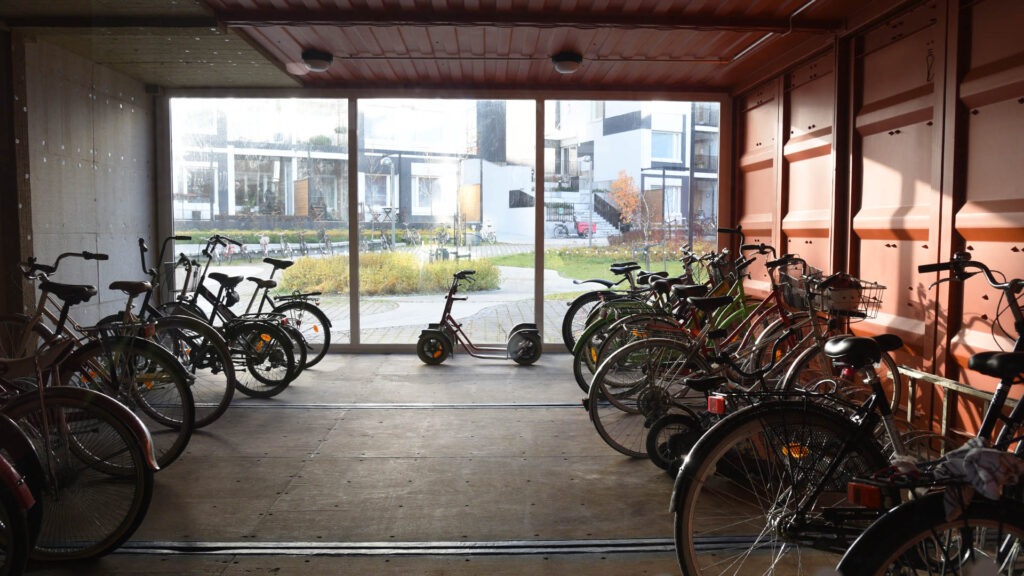In Finland, large cities struggle with the availability of skilled labor, which is a critical challenge in maintaining competitiveness. Attracting skilled labor requires not only attractive jobs, but also opportunities to live close to jobs.

Housing financing is becoming one of the biggest bottlenecks in the coming years, preventing the movement of labor to where there are jobs. Where there are many jobs, there is also the greatest need for housing.
If housing finance, housing sales, and housing construction do not return to normal levels, it will not only be labor mobility that will suffer, but the entire economy.
New housing construction has hit rock bottom since 2022. This year, the number of housing starts is set to fall below 20 for the third year in a row. This is worryingly low when compared to VTT's estimate of the need for new housing in line with population growth, which is 000–31 housing units per year.
So far, the housing supply has been supported by the exceptionally brisk housing production of the years before the downturn. As it melts into the housing market, a large gap is emerging in the supply. Then, when more housing projects start to get underway again, it will take another couple of years before they are ready for residents to use.
The long-delayed housing market has gradually started to recover this year. However, consumer confidence is still weak, and there are only cautious signs of improvement in the sale of new homes.
The goal is to facilitate access to financing and the purchase of a home
Problems with access to financing weaken both developers' opportunities to start new housing projects and consumers' opportunities to acquire housing.
The amendment to the Credit Institutions Directive, the so-called Basel regulation, has tightened and is tightening further banks' RS lending for privately financed housing construction and increases banks' capital requirements. In addition, housing financing has been tightened by the decisions of the Finnish Financial Supervisory Authority from a macroprudential perspective.
A temporary funding group has been established at RT to support RT's advocacy and position-building regarding funding. A group of representatives from member companies in the building construction industry have been appointed to the group to bring practical insights to RT's influencer communications and collaboration with various stakeholders.
By developing housing finance and financing for housing construction, we can ensure that people can find a home near their workplace and that Finland can attract the necessary workforce. This is not only in the interest of those in need of housing or the construction industry, but is in the interest of society as a whole.
After all, a significant part of our national wealth is tied up in housing, so the functioning of the housing market affects every citizen. In addition, construction generates significant tax revenue for the state and is one of the industries that provides the most employment. For example, investments of one billion euros in house construction generate work for 14 people for a year.
Write a comment